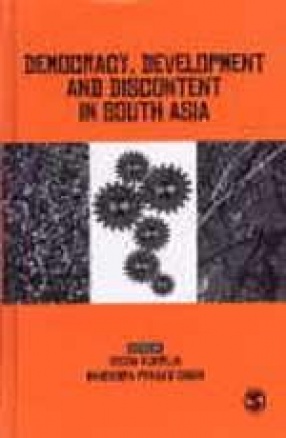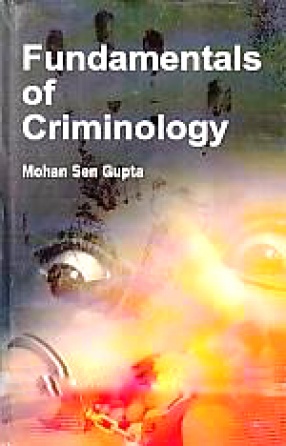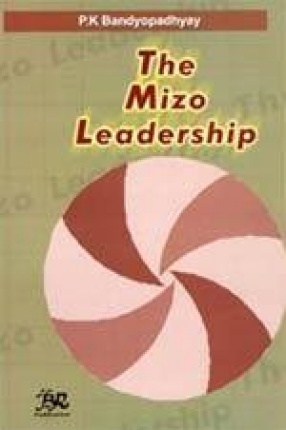This study analyses the phenomenon of military intervention in politics in Pakistan within a theoretical framework, utilizing existing hypotheses and theories on the subject. The work begins with a review of extant literature on military intervention and the modernization capabilities of the military. An attempt has been made to synthesize different theoretical approaches into a comprehensive multi-factorial analytical model for explaining the particular cases here studied. The model seeks to relate a series of variables to military intervention subsumed under three independent or casual summary variables, namely, (i) the nature of the military establishment, (ii) the strength or weakness of the civilian political institutions, and (iii) the domestic socio-economic and international environments. The applicability of this model or framework has been tested against empirical evidence from the specific case studies of military coups in Pakistan (1958, 1969 and 1977), taking into account their modality, nature, institutional structures, support base, socio-economic performance, and efforts of institution-building. The prospects are also considered. The author concludes that contemporary Pakistan represents a paradoxical situation. Despite the solemn promise to relinquish power within 90 days of seizure, General Zia has completed seven years in office as has his Islamization of parliamentary and democratic representative institutions. Although Zia’s repressive measures have bought time, this has been at the cost of increasingly Violent anti-government demonstrations, manifesting public disenchantment with prolonged military rule. The country-wide protests launched by the MRD (Movement for Restoration of Democracy) and recent developments in Sind suggest that Pakistan is going through an anguished upheaval which contains the seeds of change. But at the same time, one does not see the possibility of any revolution looming in Pakistan. In the given power and institutional structure, Pakistan for quite some time to come is likely to be saddled with a military regime as political change is likely to come in terms of a military-civil coalition or another military-dominated regime, supported by urban, social and political forces.
Contemporary Pakistan: Political Processes, Conflicts and Crises
Ever since it came into ...
$24.70
$26.00






There are no reviews yet.